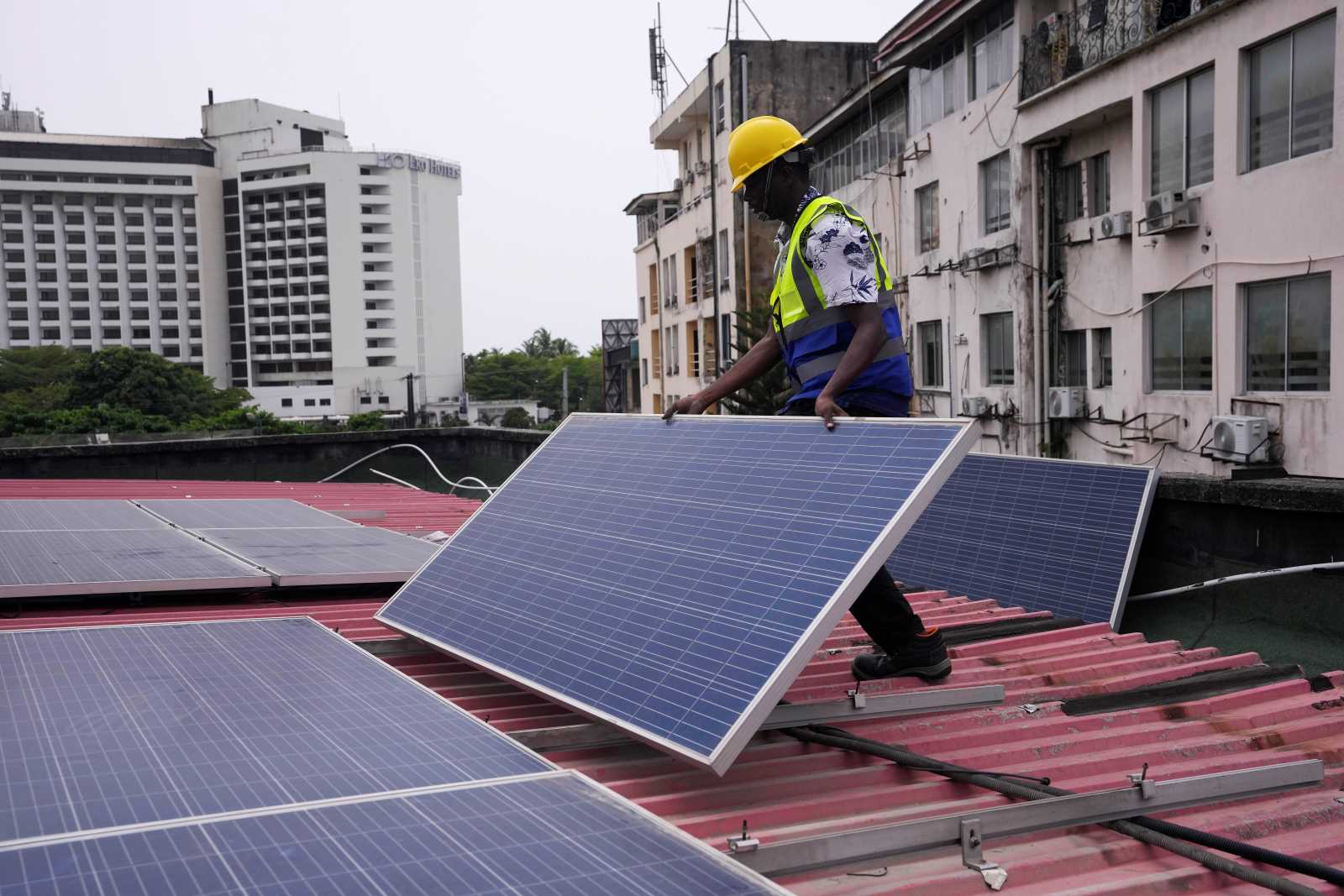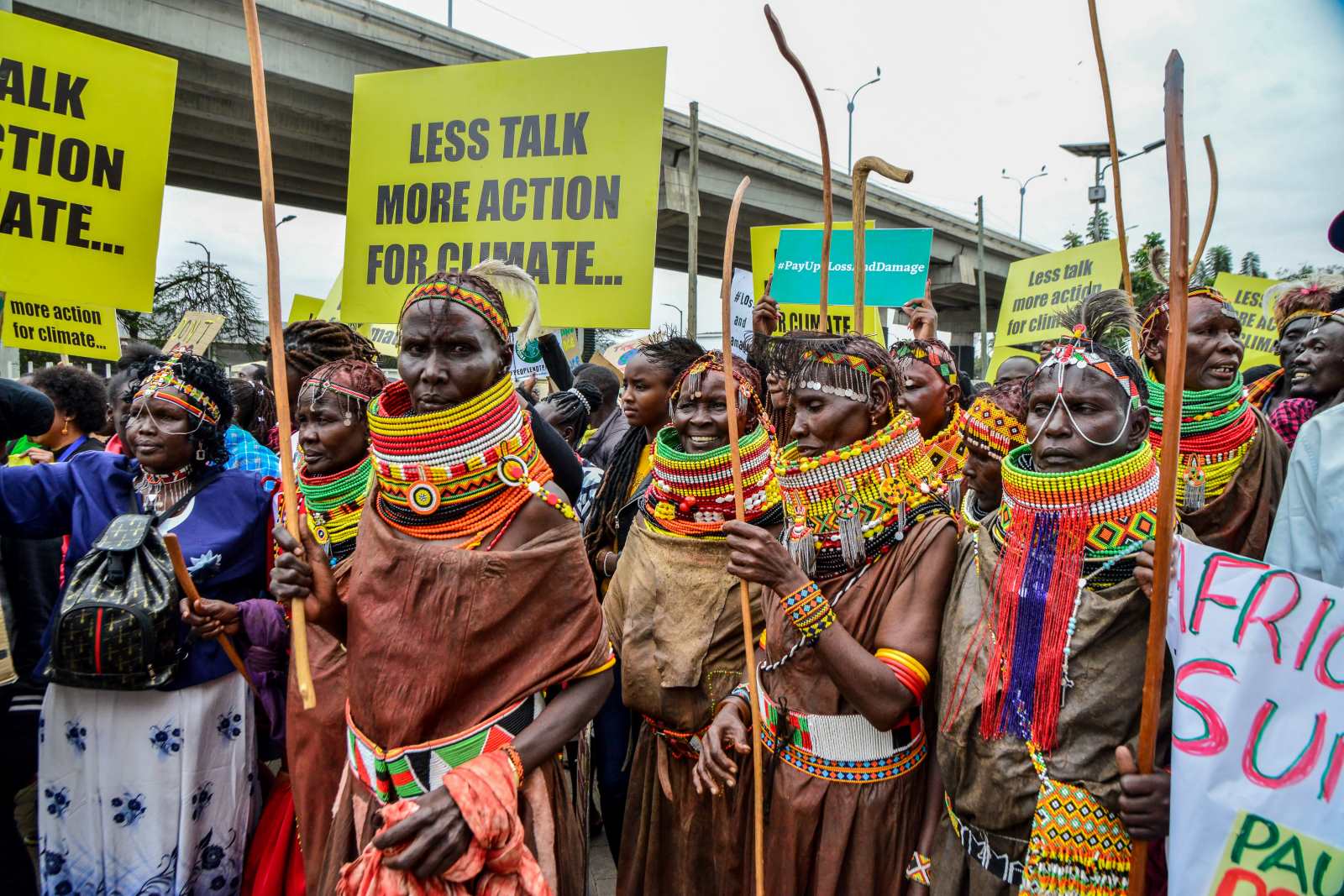Research
Why and how we should question growth

Debates about whether economies should grow continuously are more topical than ever. On the one hand, it is disputed that infinite economic growth is even possible. It was the Club of Rome’s 1972 report “The limits to growth” that underlined the impossibility of continuous economic expansion, which is even more pertinent now in the wake of the climate crisis. Economic growth is also being questioned in terms of its necessity for our well-being. Different views on such issues lead to opposing agendas.
Green growth depicts a world and countries that continue to grow economically while reducing their environmental impact. This would be possible if continuous economic growth leads to technological improvements that make production and consumption increasingly environmentally friendly. Green growth also points out that economic growth (in all countries) increases or maintains prosperity as it brings jobs, opportunities and resources to social systems.
Post-growth represents an opposing view. The concept is an umbrella term for approaches that seek to go beyond the goal of increasing gross domestic product (GDP), given the impossibility of infinite economic growth on a finite planet. Evidence shows that only a few countries have achieved absolute emission reductions – and the rate of these reductions has not been anywhere near what is required to meet our climate targets. In addition, economic growth does not necessarily go hand in hand with an increase in prosperity, especially above a certain level of GDP.
Post-growth is becoming increasingly popular. More and more countries and institutions are using alternative indicators to GDP, including the Human Development Index (HDI). However, post-growth is not just about indicators. On a structural level, the concept proposes to make our economies and welfare systems less dependent on economic growth. Approaches used include steady state, sufficiency, welfare economics and doughnut economics.
Degrowth is arguably the most popular post-growth approach that is increasingly being researched and discussed. The economic anthropologist Jason Hickel, one of the most prominent representatives of the growth-critical movement, defines degrowth as “a planned reduction of energy and resource throughput designed to bring the economy back into balance with the living world in a way that reduces inequality and improves human well-being”.
It is important to clarify a few points in relation to this concept:
- Degrowth is about the decline in material flow and not explicitly about GDP.
- It is not a recession, but a planned reduction in consumption and production.
- Degrowth focuses on wellbeing and argues that a good life for all can be achieved with less energy and material consumption; in this sense, redistribution, justice and democracy play a crucial role.
- Ending overproduction and -consumption, and thus economic growth, does not mean that lower-income countries that do not consume in excess and need the infrastructure and resources to thrive should stop growing.
At the same time, degrowth has been criticised for a lack of conceptual coherence and discussion of political economy issues. One of the main problems is the question of how lower-income countries can be included in the degrowth debate; in fact, most of the research comes from industrialised countries. This is problematic as degrowth could bring both synergies and challenges for lower-income countries, as we live in a global and interconnected economic system. On the positive side, lower consumption in high-income countries enables countries with lower incomes to consume more. On the other hand, lower consumption in rich countries could also have a negative impact on the economies of lower-income countries that are dependent on exports to industrialised countries.
To resolve this dilemma and have a full picture, other critical debates need to be considered. The potential negative economic impact of degrowth on low-income countries arises from unequal exchange and colonial legacies. Dependency theory argues that the general structures of the colonial era persist today through “unequal exchange” in international trade, meaning that rich countries take advantage of their position in global systems to lower prices in lower-income countries. As a result, on the one hand, the richer countries acquire cheap goods from lower-income countries through such price differences. On the other hand, lower-income countries have to export more in order to pay for the more expensive imports. The Washington Consensus and structural adjustment policies were examples of such dynamics, as lower-income countries were pushed to prioritise exports.
It is therefore critical to address injustice in global economic systems and strongly link colonial and post-development perspectives with the degrowth debate. Not considering poorer countries here would mean replicating the imposition of an agenda in a neo-colonial way – be it by advocating that low-income countries follow the same development path as industrialised countries or by not giving them the freedom to make their development decisions in full.
Short- and long-term goals
Degrowth presupposes that global justice, decolonisation and (ecologically) just exchange are also addressed through the reform of global institutions and unequal systems of governance. These issues are not new. Last year marked the 50th anniversary of the adoption of the 1974 “Declaration for the Establishment of a New International Economic Order (NIEO)”, in which low-income countries put forward proposals for an international economic order based on the principles of justice, sovereign equality, interdependence, common interest, cooperation and solidarity to eliminate economic colonialism and dependency. Many of these proposals have not yet been realised. It is therefore important to reform the global systems and avoid the mistakes of the past. In this context, debt relief measures, for example, must not take the form of a new structural adjustment.
While such changes (and a path towards degrowth) take time, it is also important to make progress on much-needed action on climate change. Green growth and degrowth have so far been two rather isolated areas of research with different ideological visions, and playing them off against each other threatens to delay effective action. It is important to find common ground here for climate protection, as both positions share environmental policy goals such as investment in renewable energy or environmental taxes. It is furthermore crucial that compromises strike a balance between the need for short-term climate action and the longer-term structural changes required. Moreover, care must be taken to ensure that measures do not repeat past patterns in the sense of “green colonialism”.
One proposed solution is the “A-growth” perspective, as it represents a middle way that deliberately does not choose between green growth and degrowth. Its main concern is the rejection of GDP as a measure of prosperity. This ambivalent stance is intended to increase political support for ambitious environmental and social policies by eliminating polarising debates on GDP.
In a time of polycrises and economic vulnerability, visions such as degrowth and post-growth are crucial to imagine a different world and a better future in which structural problems are addressed. As such concepts are transformative, they need to find political support and allay fears of new economic systems. While development paradigms have shifted from a focus on GDP to capabilities and freedoms, such shifts in global systems have yet to truly materialise.
Daniele Malerba is Senior Researcher at the German Institute of Development and Sustainability (IDOS); his research focuses on socio-ecological transitions and just transitions.
daniele.malerba@idos-research.de
This text was inspired by a two-day IDOS-workshop on “Development beyond growth” in November 2025 .















